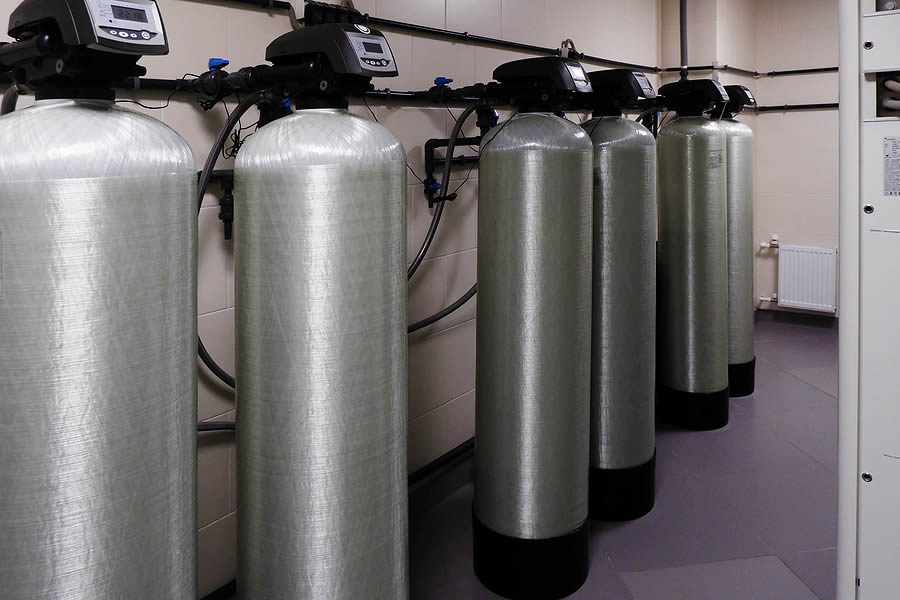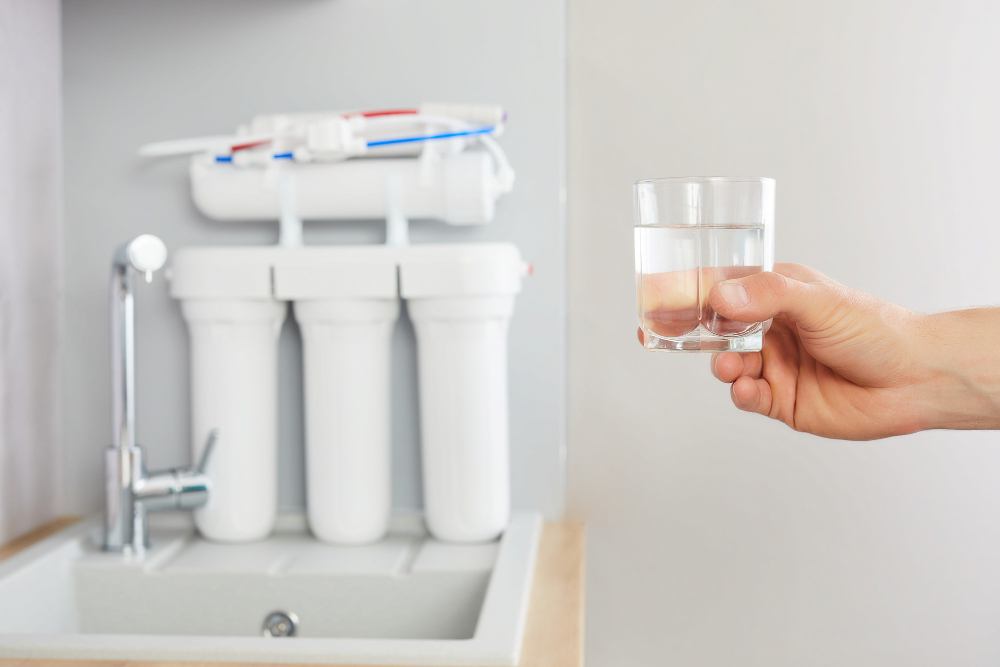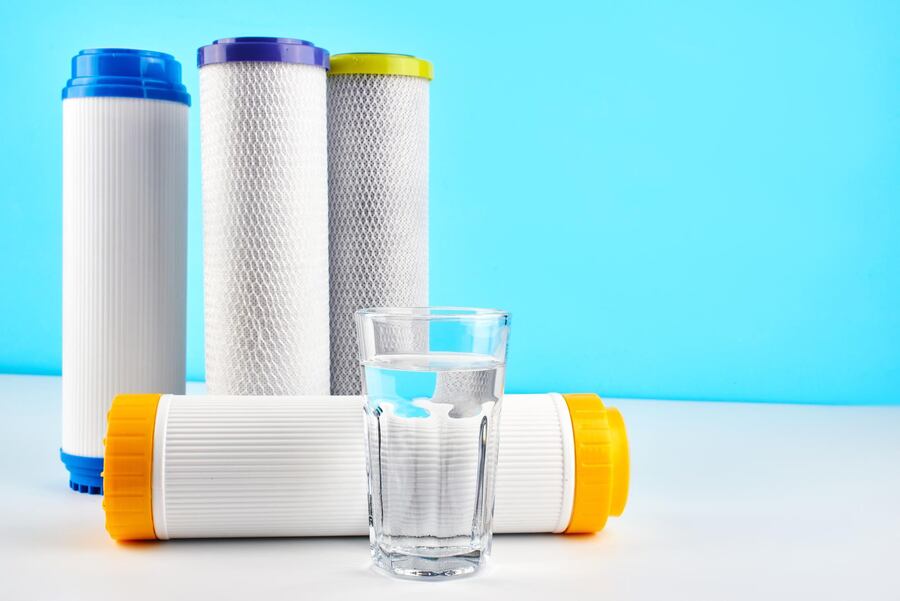
Are you tired of dealing with scaly residue on faucets, itchy skin after a shower, and laundry that just doesn't feel as soft as it should? These are the classic signs of hard water, and they could lead to long-term damage to your plumbing and appliances. The specialists at Proline Rooter can help you take care of these issues with a water softener installation. Keep reading for more information about the ins and outs of water softener installation, so you can decide if it’s the best choice for your property.
The minerals in hard water build up in your pipes, reducing water flow and causing your appliances to work harder. Over time, this translates into higher energy bills and costly appliance replacements. Hard water can also affect your daily life in more subtle ways. Your skin might feel dry and itchy, and your clothes may lose their softness. Hard water can leave water spots on your dishes and glassware, making them look cloudy. Installing a water softener will alleviate these common problems by removing calcium and magnesium ions, and replacing them with sodium or potassium ions. The end result is soft, luxurious water that's easier on your skin, clothes, and wallet.

When investing in a new water softener installation, it's important to know which type of system is best for your needs. There are primarily three kinds:

Before your system is installed, you'll need to check off a few items from the following to-do list:
Proper care and maintenance are important for maintaining the longevity of your unit. Here's what to expect:
Hard water may seem like a minor issue, but it can actually lead to some major problems that can impact your home and quality of life. Installing a water softener can not only solve these problems but also save you money in the long run. Call the team at Proline Rooter today. Our friendly staff is available to answer your questions and can also schedule a convenient appointment with a reliable plumber in your neighborhood.
When it comes to plumbing, the jargon can often sound like a different language. One term you might encounter…
Water is the essence of life, and having clean, safe drinking water is something many of us take for…
Garbage disposals are a staple in more than half of U.S. kitchens, diligently working to keep our drains free…
If you have a gas-powered water heater working to provide you with hot showers and warm baths, then…
The safety of tap water is a common concern for homeowners and businesses alike. While tap water in many…